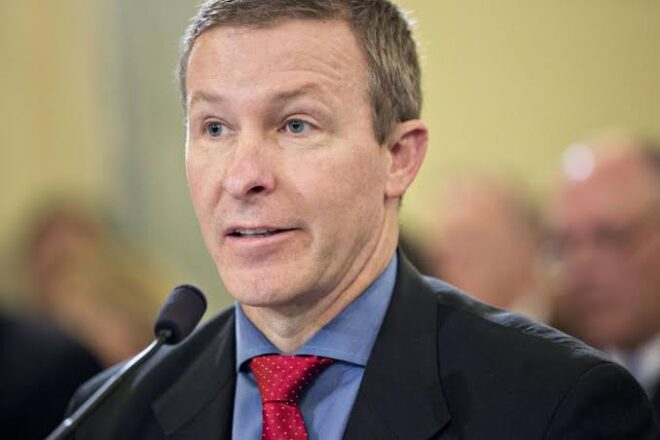
United Airlines, one of the world’s largest airlines, has been a key player in the aviation industry for decades. Its expansive network connects millions of passengers to destinations across the globe. As with any major corporation, United has faced its share of challenges and triumphs, shaping its journey through the turbulent skies of the aviation market.
The airline’s history dates back to the early days of commercial aviation. It was established in 1926, initially as Varney Air Lines, and it evolved through mergers and acquisitions to become United Air Lines. Over the decades, United has built a reputation for innovation and customer service, contributing significantly to the development of the modern airline industry.
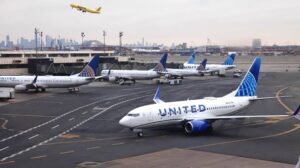
United Airlines has often been at the forefront of adopting new technologies and practices. It was among the first to introduce jet aircraft into its fleet, improving efficiency and passenger comfort. The airline also played a pioneering role in implementing frequent flyer programs, which have become a standard feature in the industry, fostering customer loyalty and repeat business.
The 21st century has seen United navigating a series of significant events that have tested its resilience and adaptability. The September 11 attacks in 2001 had a profound impact on the entire aviation industry, and United was no exception. The airline faced financial difficulties, leading to a bankruptcy filing in 2002. However, through strategic restructuring and a focus on operational efficiency, United emerged stronger, setting a course for recovery.
Mergers and acquisitions have been a notable part of United’s strategy to expand its reach and strengthen its market position. The merger with Continental Airlines in 2010 was a transformative event, creating one of the largest airlines in the world. This merger allowed United to leverage Continental’s strengths, including a more modern fleet and a robust international network, further enhancing its competitive edge.
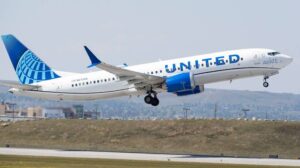
United’s commitment to customer experience has been a driving force behind its initiatives. The airline has invested heavily in upgrading its fleet, introducing state-of-the-art aircraft designed to provide greater comfort and efficiency. The introduction of the Boeing 787 Dreamliner into its fleet marked a significant milestone, offering passengers improved amenities and reduced environmental impact.
Sustainability has become an increasingly important focus for United Airlines. The aviation industry is under growing pressure to reduce its carbon footprint, and United has taken proactive steps to address this challenge. The airline has set ambitious targets for reducing greenhouse gas emissions and increasing the use of sustainable aviation fuels. Its partnership with biofuel companies aims to develop and implement greener alternatives, contributing to a more sustainable future for air travel.
In recent years, United has also placed a strong emphasis on diversity and inclusion. The airline recognizes that a diverse workforce is essential for fostering innovation and understanding the needs of its global customer base. United has launched several initiatives to promote diversity at all levels of the organization, ensuring that its team reflects the diverse communities it serves.
The COVID-19 pandemic presented unprecedented challenges for the entire aviation industry, and United Airlines was no exception. The sharp decline in travel demand forced the airline to make difficult decisions to preserve liquidity and ensure long-term viability. Despite the challenges, United demonstrated resilience by implementing stringent health and safety measures, maintaining essential services, and supporting frontline workers.
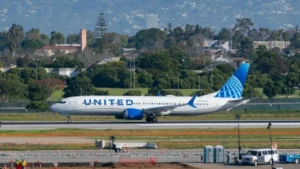
As the world gradually recovers from the pandemic, United has focused on rebuilding and adapting to the new normal. The airline has introduced flexible booking policies to accommodate changing travel plans and has expanded its domestic and international routes to meet evolving customer preferences. United’s efforts to rebuild passenger confidence and stimulate demand have been crucial in its path to recovery.
Looking ahead, United Airlines is poised to continue its legacy of innovation and leadership in the aviation industry. The airline’s strategic investments in technology, sustainability, and customer experience are expected to drive its growth and competitiveness. By staying attuned to market trends and passenger needs, United aims to remain a preferred choice for travelers worldwide.
United Airlines CEO Oscar Munoz will step down from running the airline in May, the company announced Thursday.
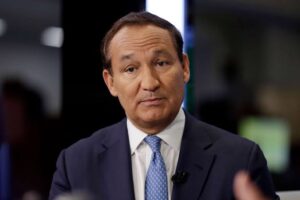
Munoz will become chairman of the airline, and he will be succeeded as CEO by Scott Kirby. Kirby has been president of United since the airline wooed him away from rival American Airlines (AAL) three years ago.
Munoz is best known for being the face of the airline during the public relations debacle, when a passenger was dragged off an overbooked flight in April of 2017. In the face of outrage he testified before Congress that “we had a horrible failure.” The incident sparked changes in the way United and other airlines deal with the overbooking of flights.
“When I joined United as CEO, I laid out ambitious goals to build a new spirit of United by regaining the trust of our employees and customers — and I’m proud of how far we’ve come,” Munoz said. “With United in a stronger position than ever, now is the right time to begin the process of passing the baton to a new leader.”
Shares of United (UAL) were slightly higher in premarket trading on the news. The stock has risen 54% during Munoz’s more-than four years on the job. It’s been a generally good time for airline stocks in an age of consolidation of the US industry, and a strong economy lifting travel demand and fares.
Munoz’s tenure at United started with another controversy, in which his predecessor Jeff Smisek and two other executives left in September 2015. The executives exited after the US government investigated the airline for doing favors with a state official who had authority over Newark Airport, where United has a major hub.
But five weeks after taking over as CEO, Munoz suffered a heart attack, and he had a heart transplant several months later. He returned to the job two months after the heart transplant.
Munoz had been expected to be named chairman in addition to CEO before the heart attack. but instead the airline kept the two jobs separate. The current chairman, Jane Garvey, will retire from the board in May 2020 when Munoz takes the new role.